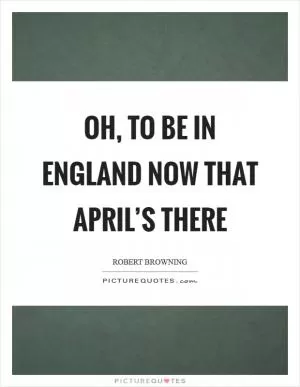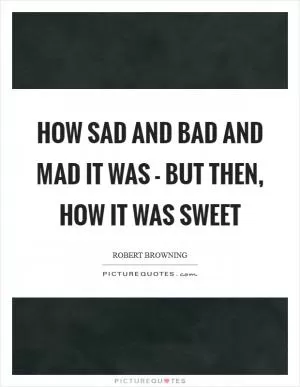Dear, dead women, with such hair, too - what's become of all the gold Used to hang and brush their bosoms?

Dear, dead women, with such hair, too - what's become of all the gold Used to hang and brush their bosoms?
The quote “Dear, dead women, with such hair, too - what's become of all the gold Used to hang and brush their bosoms?” is from the poem “Fra Lippo Lippi” by Robert Browning. In this poem, Browning explores the themes of art, beauty, and the human experience through the eyes of the Renaissance painter Fra Lippo Lippi.The line in question is a reflection on the fleeting nature of beauty and the passage of time. The speaker is lamenting the loss of the golden hair that once adorned the bosoms of the women who have passed away. The use of the word “dear” suggests a sense of nostalgia and longing for the past, while the mention of the gold hair symbolizes the beauty and vitality that has now faded away.
Browning was known for his exploration of the complexities of human nature and the inner workings of the human mind. In “Fra Lippo Lippi,” he delves into the struggles of an artist who is torn between his desire for artistic freedom and the constraints of society. The poem raises questions about the nature of art, beauty, and the role of the artist in society.
The reference to the women with gold hair can be seen as a metaphor for the transience of beauty and the inevitability of death. It serves as a reminder that all things must pass, including youth, beauty, and life itself. The speaker’s contemplation of the fate of these women’s hair reflects a broader meditation on the passage of time and the impermanence of all things.
Overall, Browning’s “Fra Lippo Lippi” is a thought-provoking exploration of the human experience and the complexities of art and beauty. The line “Dear, dead women, with such hair, too - what's become of all the gold Used to hang and brush their bosoms?” encapsulates the themes of mortality, beauty, and the passage of time that run throughout the poem. It serves as a poignant reminder of the ephemeral nature of life and the inevitability of death.












 Friendship Quotes
Friendship Quotes Love Quotes
Love Quotes Life Quotes
Life Quotes Funny Quotes
Funny Quotes Motivational Quotes
Motivational Quotes Inspirational Quotes
Inspirational Quotes